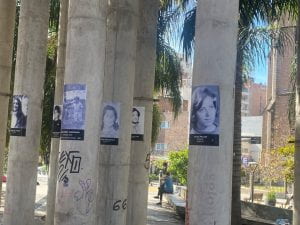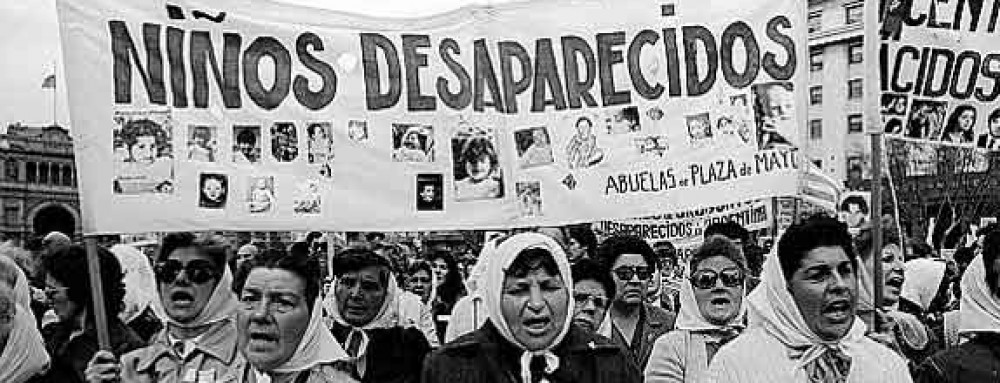In “It Ought to Be A Crime: Criminalizing Human Rights Violations” Judith Blau and Alberto Moncada hypothesize that there is no real distinction between human rights violations and violations of humanitarian law. They go on to break down their argument and conclude with the insistence that denying people their human rights is a crime and a proposal to uphold this standard. Today this article became very relevant when we were visiting a memorial for women who disappeared and were killed after escaping captivity. Here Fernando told a story about his sister-in-law who was the daughter of militants who were disappeared. He spoke about how this impacted her and she did not realize her own imprisonment until decades later. She spent her life helping the children of the disappeared and It seems as though Argentina has monuments dedicated to those lost in the Dirty War. This has allowed them to never forget the horrors of that time. It also seems as though those who were witness to that period in Argentina are constantly doing work to ensure that their friends and family are never forgotten. Argentina also provides reparations to those impacted by the war. To me this means the government recognizes the crimes that have been committed in the past. While this is not gonna reverse the harm done in the past it is certainly a step forward. This is also comparable to one of the proposals written by Blau and Moncada which mentions that remedying human rights violations benefits societal and nonprofit organizations.

Great post. I too agree that though some forms of reparations being made in Argentina is a good recognition of injustice, it is only a small step forward. The US could learn a thing or two